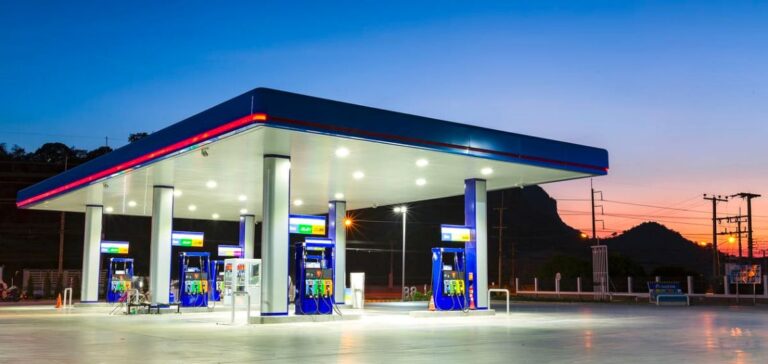After a month of uninterrupted decline, the average price of road fuels went up again last week, according to figures released on Friday by the Ministry of Ecological Transition.
This is the first increase in pump prices since late August. These prices take into account the increase in the state rebate applied since September 1 to 30 cents per liter in mainland France.
At service stations, the average price of diesel was 1.6956 euros per liter last week, an increase of 3.6 cents compared to the previous week.
The premium unleaded 95-E10 has increased by 3 cents to 1.5185 euros per liter, compared to 1.4876 euros the previous week.
The increase was less marked for premium unleaded 95, which was sold at service stations at an average price of 1.5737 cents, 2.6 cents more than the previous week.
However, these levels are far from the fuel prices at the end of August, just before the increase in the state rebate: at that time, the price of diesel was 1.9488 euros, it was 1.7797 euros for
1.7392 for unleaded 95-E10.
The state-funded fuel discount introduced in April was increased from 18 cents to 30 cents per liter on September 1, for two months, and will then be reduced to 10 cents in November-December.
The price of oil has fallen sharply since this summer, due to growing fears of an economic slowdown in consumer countries, particularly China.
In this context, Wednesday’s meeting of oil exporting countries and their allies, gathered in the Opec+ organization, raises fears of drastic cuts in production to counter the fall in prices.






















